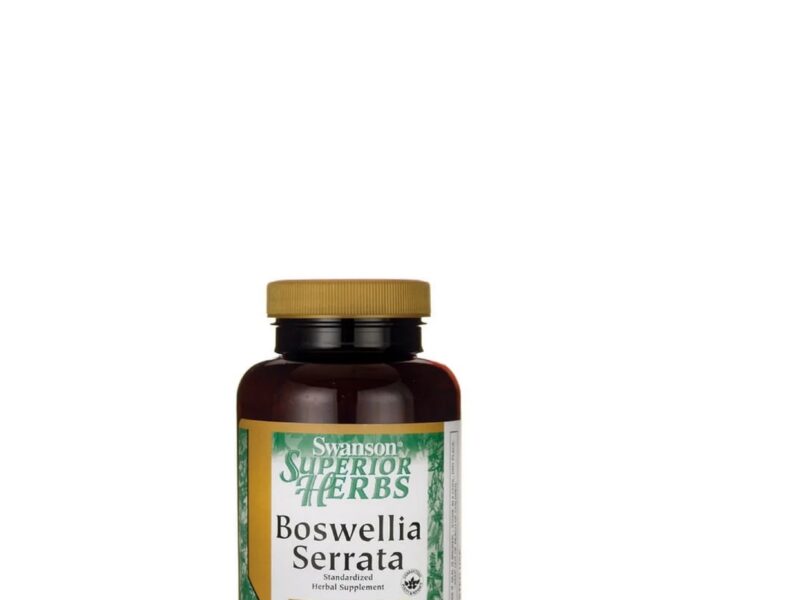Sunflower seeds are a popular snack enjoyed by people around the world. They are commonly consumed on their own or added to various dishes for a crunchy texture and nutty flavor. However, many individuals are concerned about the calorie content of sunflower seeds and whether they can fit into a healthy diet. In this comprehensive guide, we will delve into the topic of calories in sunflower seeds and explore their nutritional profile to determine if they can be a part of a balanced and healthy eating plan.
Calorie Content of Sunflower Seeds:
Sunflower seeds are relatively high in calories compared to other seeds and nuts. The exact number of calories can vary depending on the variety and how they are prepared. On average, a one-ounce (28 grams) serving of dry-roasted sunflower seeds contains approximately 165 calories. If the seeds are roasted with added oil or salt, the calorie count may increase slightly.
It’s important to note that portion sizes can greatly impact the calorie intake. While one ounce may not seem like much, it can add up quickly if consumed in large quantities. Therefore, it’s essential to be mindful of portion control when including sunflower seeds in your diet.
Nutritional Profile of Sunflower Seeds:
- In addition to calories, sunflower seeds are packed with essential nutrients that contribute to overall health and well-being. They are an excellent source of healthy fats, including monounsaturated and polyunsaturated fats, which are known to promote heart health and reduce the risk of chronic diseases.
- Sunflower seeds are also a good source of plant-based protein, containing approximately 5.5 grams per one-ounce serving. Protein is essential for building and repairing tissues, supporting immune function, and maintaining muscle mass.
- Furthermore, sunflower seeds are rich in dietary fiber, providing around 3 grams per ounce. Fiber plays a crucial role in digestive health, helps regulate blood sugar levels, and promotes a feeling of fullness, which can aid in weight management.
- Sunflower seeds are a great source of vitamins and minerals as well. They are particularly rich in vitamin E, which acts as an antioxidant and helps protect cells from damage. Additionally, they contain various B vitamins, including thiamine, niacin, and folate, which are essential for energy production and proper brain function. Sunflower seeds also provide minerals such as magnesium, phosphorus, and selenium, which are involved in many bodily processes.
Incorporating Sunflower Seeds into a Healthy Diet:
When it comes to incorporating sunflower seeds into a healthy diet, moderation is key. Due to their relatively high calorie content, it’s important to consume them in appropriate portions and be mindful of overall calorie intake.
Here are some tips to include sunflower seeds in a balanced eating plan:
- Portion Control: Stick to the recommended serving size of one ounce (about a handful) of sunflower seeds. This will help you manage your calorie intake while still enjoying their nutritional benefits.
- Snack Mindfully: Instead of mindlessly munching on sunflower seeds straight from the bag, portion them out into a small bowl. This can help prevent overeating and provide a visual cue of how much you’re consuming.
- Nutritional Boost: Sprinkle sunflower seeds on salads, yogurt, or oatmeal for added texture and nutrition. They can also be used as a topping for roasted vegetables or incorporated into homemade granola or energy bars.
- Nut Butter Alternative: Sunflower seed butter is a nutritious and tasty alternative to traditional nut butter. Spread it on whole grain toast or use it as a dip for fruits and vegetables.
- Homemade Trail Mix: Create a customized trail mix by combining sunflower seeds with other nuts, dried fruits, and whole grain cereals. This allows for portion control and the ability to tailor the mix to your taste preferences.
- It’s worth noting that individuals with certain dietary restrictions or allergies should exercise caution when consuming sunflower seeds or products containing them. If you have any concerns, it is recommended to consult with a healthcare professional or registered dietitian.
Conclusion:
Sunflower seeds can be a healthy addition to a well-rounded diet when consumed in moderation. While they are relatively high in calories, they offer a wide range of essential nutrients, including healthy fats, protein, fiber, vitamins, and minerals. By practicing portion control and incorporating sunflower seeds into a balanced eating plan, you can enjoy their nutritional benefits without compromising your overall health and wellness.
- Restful Nights Uncovered: My Personal Review of Just CBD’s Sleep Solutions - August 28, 2024
- Calories in Sunflower Seeds: Are They Healthy? - July 12, 2023




